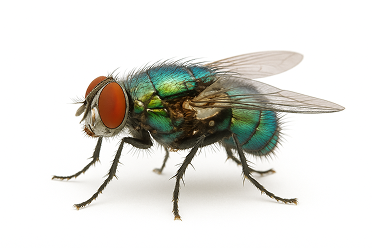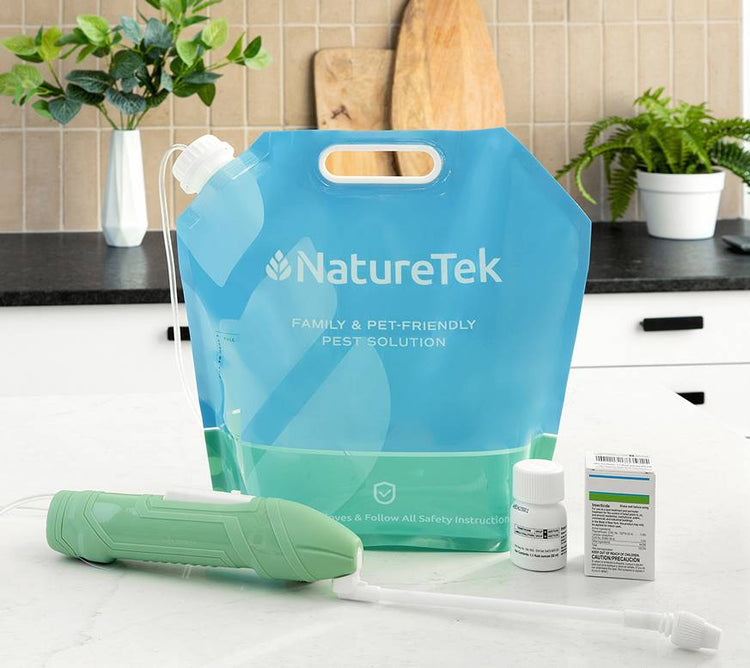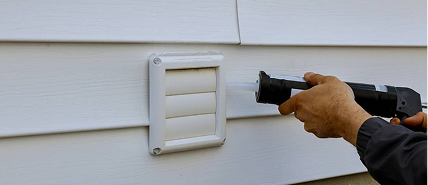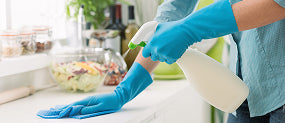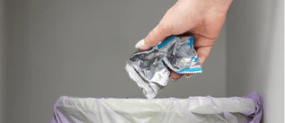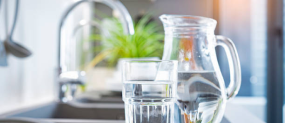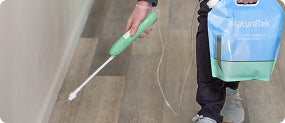Flies
Flies are one of the most common household pests in the United States, known for their ability to spread bacteria and contaminate food. From house flies to fruit flies, these insects can quickly become a nuisance indoors and around garbage or food sources. This guide provides effective tips to eliminate flies and prevent future infestations, helping you maintain a cleaner, healthier home.

Here are some of the most common fly species found across households in the United States.
-
Blow Fly

-
Bottle Fly

-
Cluster Fly

-
Crane Fly

-
Drain Fly

-
Face Fly

-
Flesh Fly

-
Fruit Fly

-
Horse Fly

-
House Fly

-
Silverleaf Fly

-
Sphaerocerid Fly


Antennae: Short and stubby, though some species (like fruit flies) may have slightly longer antennae.
Size: Typically 1/8 inch to 1/2 inch in length, depending on the species.
Body Shape: Small to medium-sized with a rounded or elongated body and a noticeable head.
Color: Often gray, black, or brown; some species, like fruit flies, have reddish or tan tones.
Wings: One pair of clear wings used for flying, with exceptional maneuverability.
Eyes: Large, prominent, compound eyes often covering most of their head.
You can use the following model to help you identify a blow fly .
